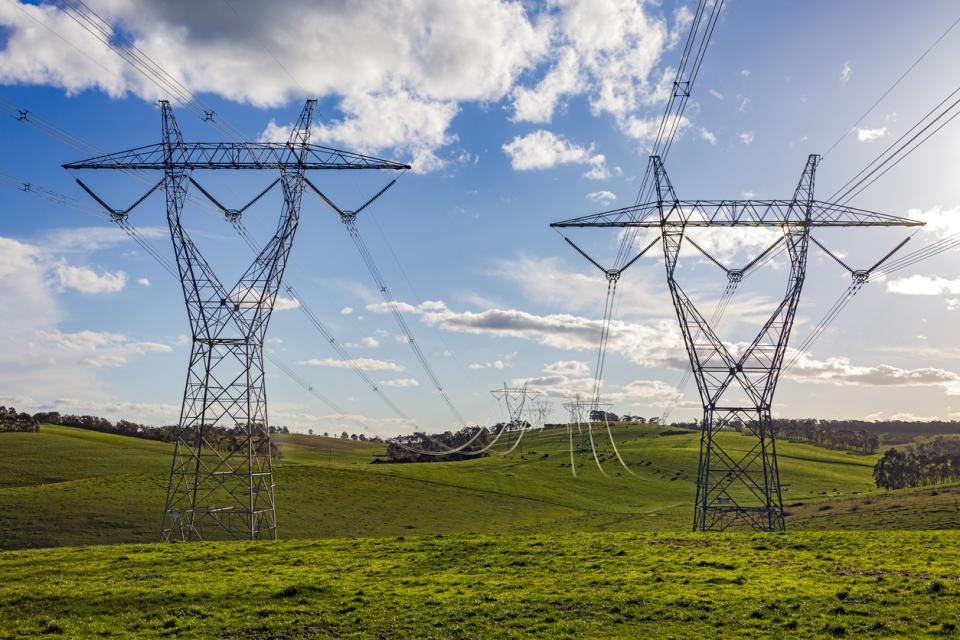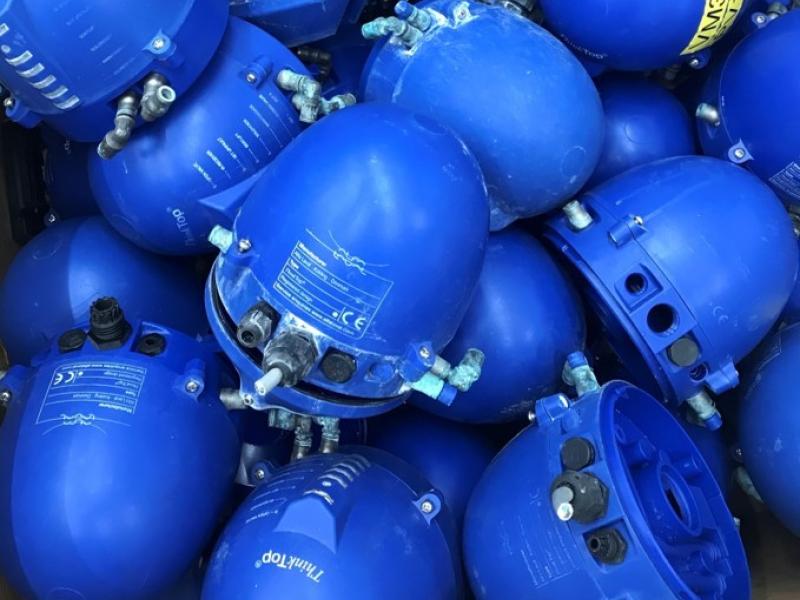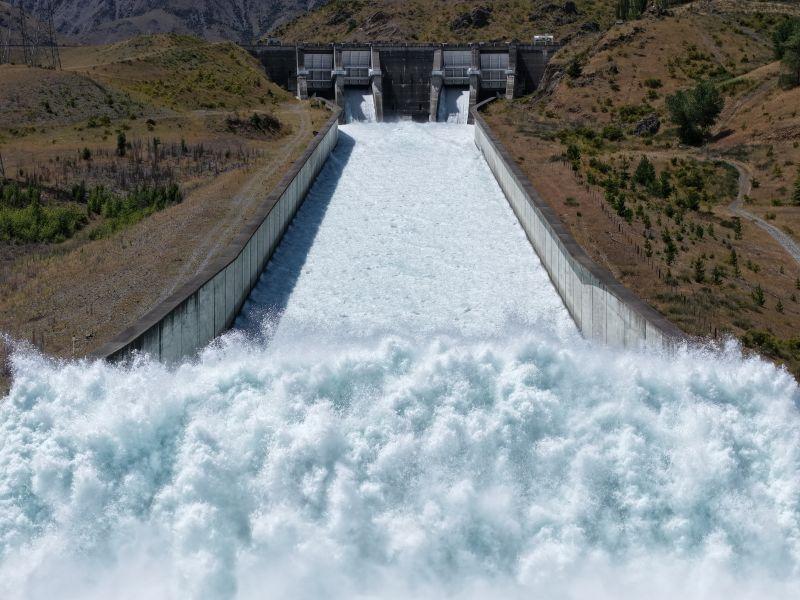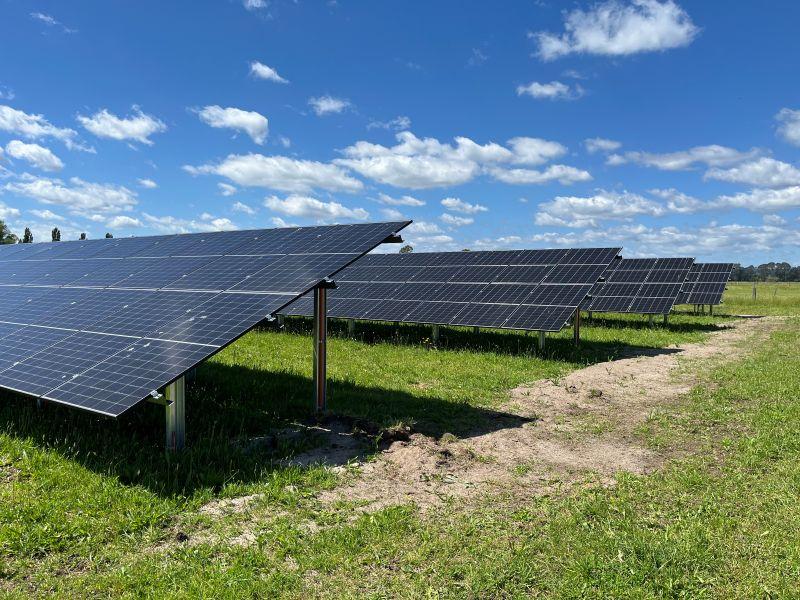New Zealand’s Aluminium Smelter (NZAS) at Tiwai has agreed to reduce electricity consumption by another 20 megawatts (MW) to further help New Zealand’s national grid, as the energy squeeze continues. This is in addition to the 185MW demand reduction that the smelter recently initiated.
The agreement signed with Meridian Energy will see 20MW of electricity available to the national grid over an estimated five-week period, including ramp down and ramp up.
The agreement is separate from the demand response agreements in place with Meridian Energy and Contact Energy and highlights the severity of the current energy situation in New Zealand.
“While the smelter has had to make a difficult decision to reduce aluminium production, we are pleased to be able to offer this additional support for New Zealand’s power grid at this time of energy constraint. As a large electricity user, we recognise the responsibility we have in contributing towards keeping the lights on across New Zealand when needed.
“We have taken off 185MW already, which we achieved nine days earlier than planned. That is having a positive impact, and this additional 20MW will further assist the country’s national grid,” NZAS external affairs director Simon King said.
20MW is the approximate equivalent of the electricity needed to power all the homes in the city of Napier.
Meridian Chief Executive Neal Barclay says the company appreciates the additional support from NZAS.
“New Zealand is currently in a period of high spot prices and tight electricity supply. Being able to call on our ground-breaking demand response agreement has already provided important relief, and NZAS has once again stepped-up to sign an agreement that will provide further security of supply. We are hugely appreciative of their willingness to act in the interests of all New Zealanders,” Mr Barclay said.






